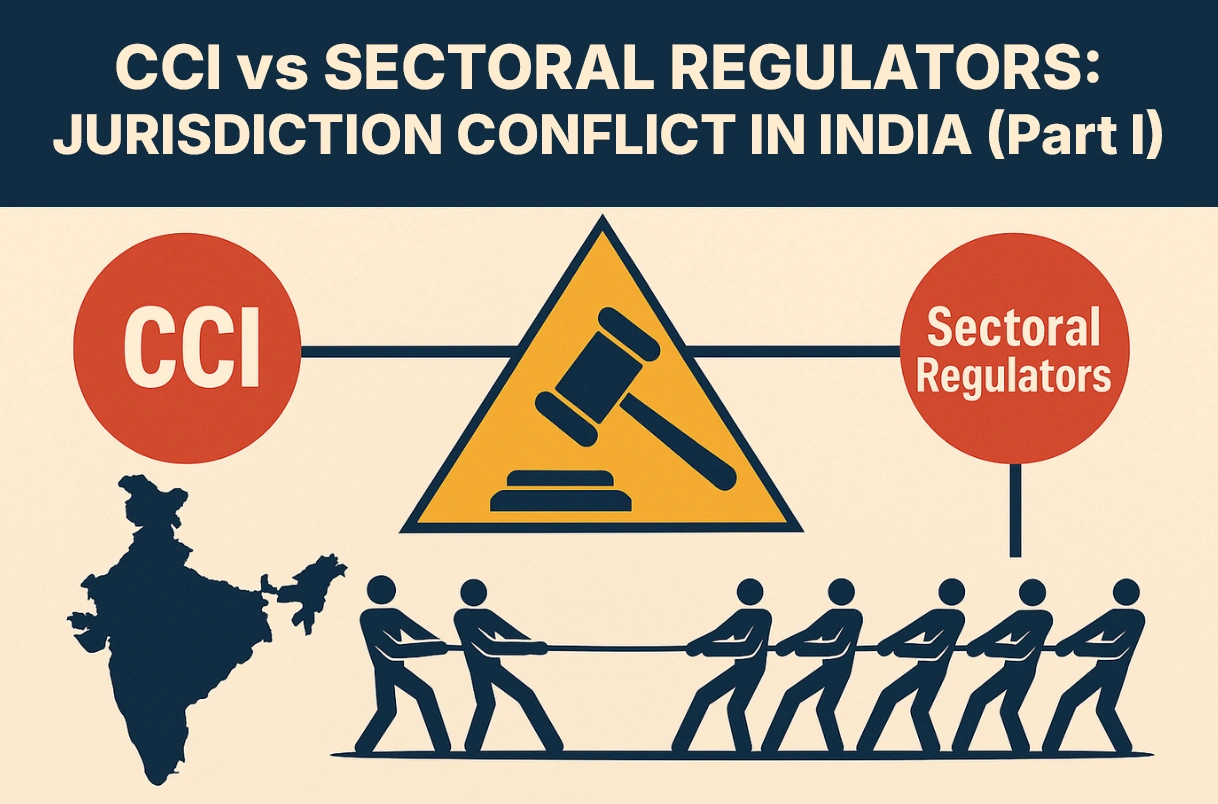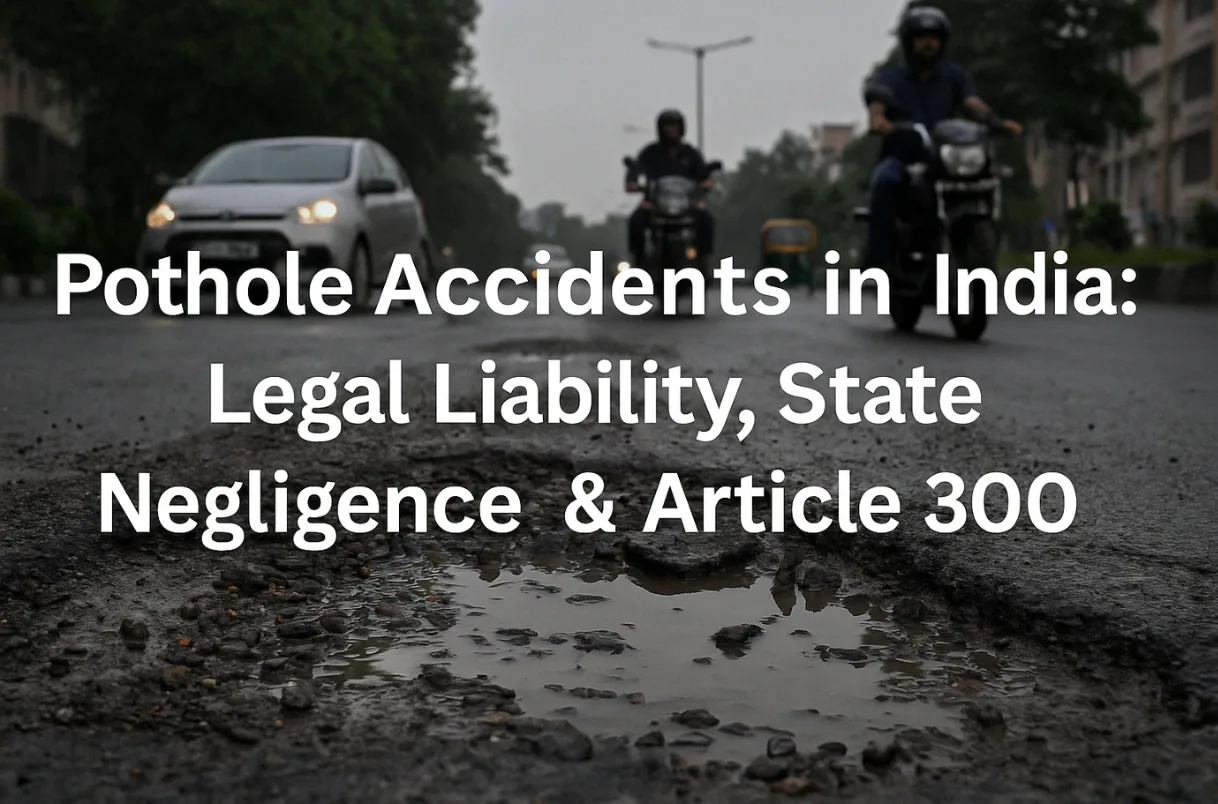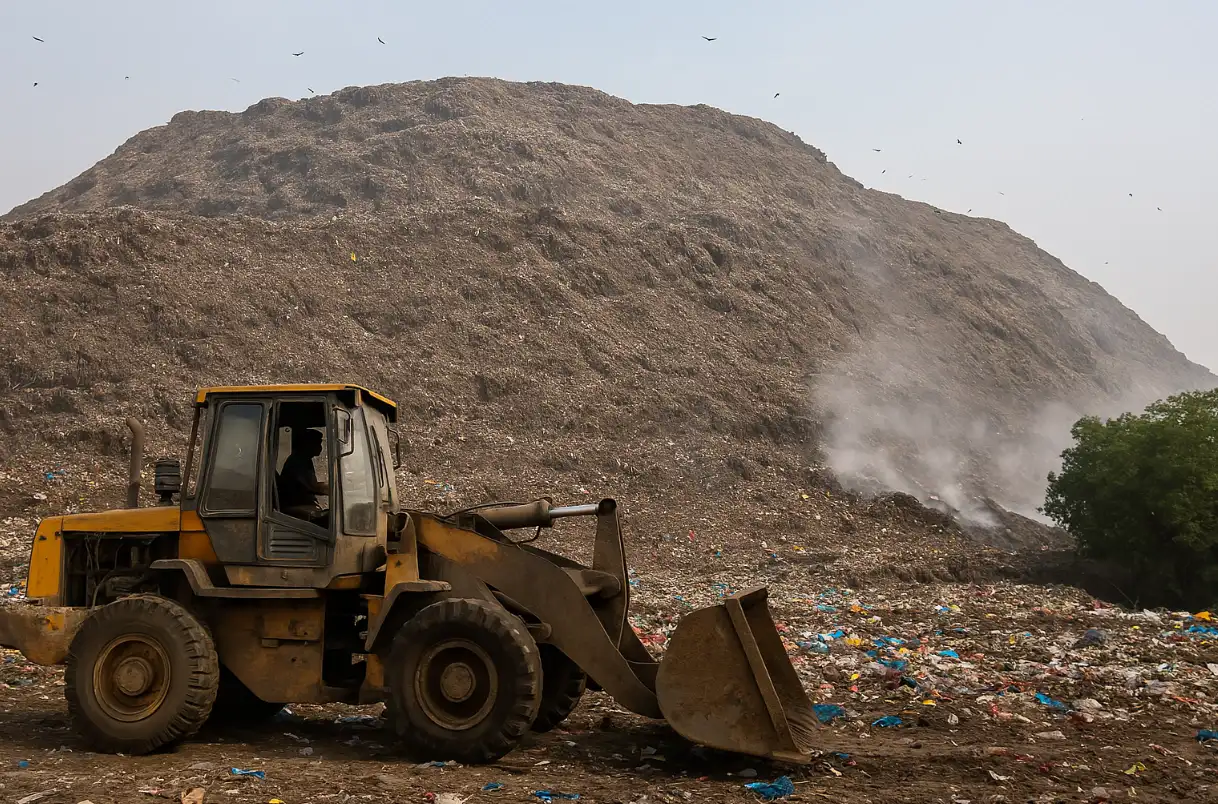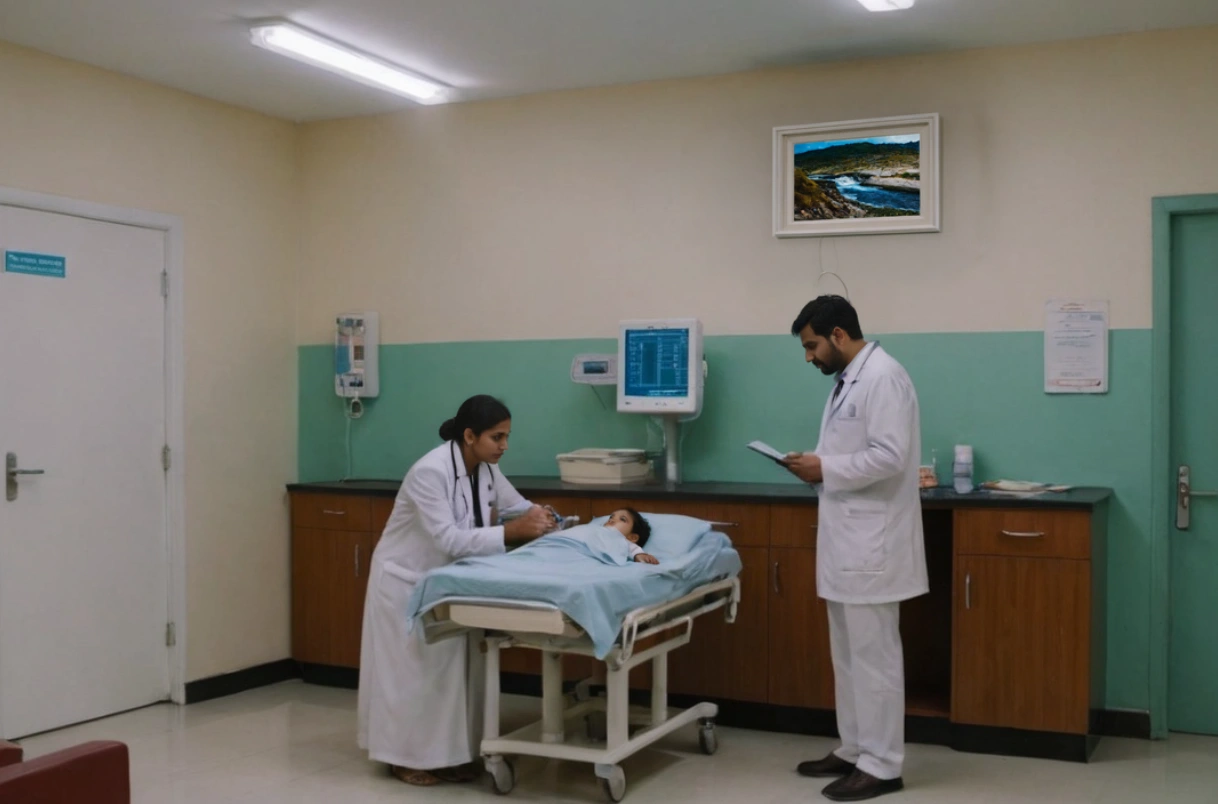READ OUR INSIGHTFUL ARTICLES
Jurisdictional Conflict in Competition Law: CCI vs Sectoral Regulators in India (Part 1)
This article examines the jurisdictional conflict between the Competition Commission of India (CCI) and sectoral regulators like TRAI. With overlapping mandates under the Competition Act India and sector-specific laws, courts have played a pivotal role in shaping regulatory balance.
Pothole Accidents in India: Legal Liability, State Negligence & Article 300
Pothole accidents continue to claim lives across India, exposing gaps in road maintenance and legal accountability. This article examines the tortious liability of the State, key court rulings, and the urgent need for a structured legal framework to prevent avoidable tragedies.
Solid Waste Management in India: Policy Shifts, Tech Trends, and Investment Opportunities
India generates over 1.7 lakh tonnes of waste daily, posing urgent environmental and public health risks. This article explores key policy reforms, emerging technologies, and investment opportunities that could transform the country’s solid waste crisis into a sustainable, circular economy solution.
India’s Rare Disease Drug Access: Legal & Policy Hurdles (Part II)
This article explores the legal and policy challenges in accessing treatment for rare diseases in India, focusing on gaps in affordability, infrastructure, and enforceable rights under the National Policy for Rare Diseases, 2021. Part I lays the foundation for deeper reform discussions ahead.
Ensuring Access to Medicines for Rare Diseases in India (Part I)
This article explores the legal and policy challenges in accessing treatment for rare diseases in India, focusing on gaps in affordability, infrastructure, and enforceable rights under the National Policy for Rare Diseases, 2021. Part I lays the foundation for deeper reform discussions ahead.
Kumbh Mela Airfare Spike: A Reflection of Oligopolistic Pressures in Indian Aviation
The Kumbh Mela 2025 airfare surge wasn’t just about increased demand—it exposed deeper issues in India’s aviation sector. With only a few dominant airlines, pricing algorithms, supply restrictions, and regulatory gaps enabled a near-uniform fare hike, leaving passengers with no real pricing competition.
Polluter Pays principle revisited in the context of recent SC judgments
The Polluter Pays principle is transforming environmental accountability in India. Recent Supreme Court decisions emphasize that polluters must bear the full costs—not just compensation, but also ecological restoration—highlighting a critical shift toward stricter enforcement and sustainable development practices.
The Doctrine of Per Incuriam and its Application in Indian Law
The doctrine of per incuriam prevents judicial oversight by identifying rulings made in ignorance of binding precedents or statutory provisions. This article explores its application in Indian law, particularly in M/s Bajaj Alliance v. Rambha Devi, reaffirming its cautious use to maintain legal consistency.
The Labour Code on Social Security, 2020 – The new age Employment Ecosystem
The Social Security Code 2020 consolidates nine social security laws, expanding welfare benefits to organized, unorganized, gig, and platform workers. It streamlines compliance, enhances employer accountability, and ensures comprehensive social security in India, modernizing labor laws for a structured and inclusive workforce.
The OSHWC Code 2020: Consolidating and Revolutionizing Workplace Safety and Welfare Laws
The OSH Code 2020, aligned with the Occupational Health and Safety Act, consolidates 13 labour laws to enhance workplace safety, simplify compliance, and regulate working conditions in India. It establishes employer responsibilities, worker protections, and penalties for non-compliance, ensuring comprehensive occupational safety regulations.








